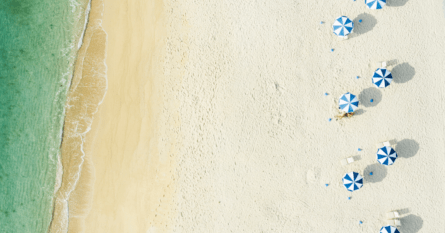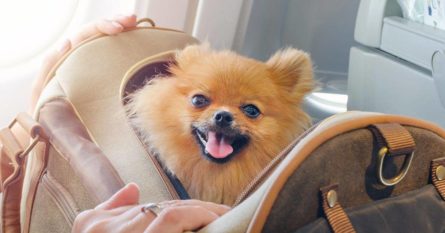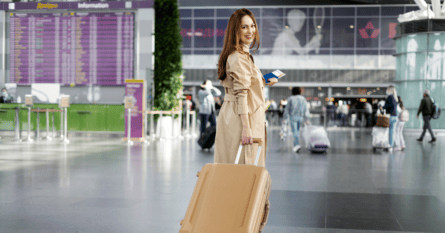Here’s how you can reduce your single-use plastics while on the road.
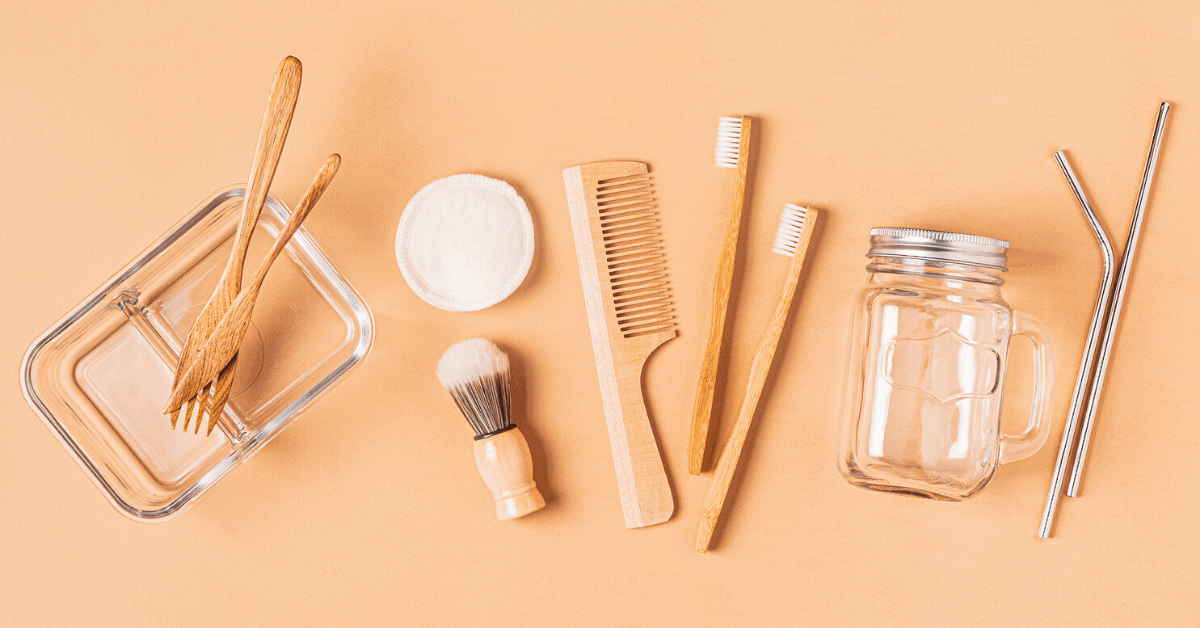
While the public’s awareness of plastic pollution is increasing thanks to the growing number of studies, statistics, and documentaries hitting the headlines, it’s worth keeping in mind that every piece of plastic ever made still exists.
Therefore, the focus at the moment is on single-use plastic – the one-time, short-lived disposable kind that’s used for minutes before being thrown away.
Even if recycled, plastic can only be recycled once or twice before the quality is impacted and it’s left unusable. According to a 2018 United Nations Environment report, only nine percent of the nine billion tonnes of plastic the world has produced has been recycled, with the rest ending up in landfills or the ocean.
While many of us are reducing our single-use plastics at home, things can get more difficult, or simply forgotten about, when traveling.
In-flight meals come wrapped in plastic, hotel toiletries often come in miniature disposable containers, and single-use water bottles pop up everywhere from airport lounges to hotel lobbies to restaurant tables.
Though it’s sometimes hard to avoid, here are some steps you can take to reduce your plastic use while traveling.
What to pack
Start thinking about reducing your need for disposable plastics before you leave home, with an eco-friendly packing list.
The first step would be to invest in a reusable water bottle, which you can refill while on the road.
If you’re traveling to places where the tap water is undrinkable, consider a sterilization solution. There are many on the market which work to varying degrees, with most options filtering out bacteria, parasites, and viruses to make almost any water safe to drink.
These are available as treatments, such as the SteriPen, which features a UV wand stirred in a glass of water to sanitize it, or as an integrated part of a water bottle, such as LifeStraw, which has a range of water bottles with in-built filtration systems.
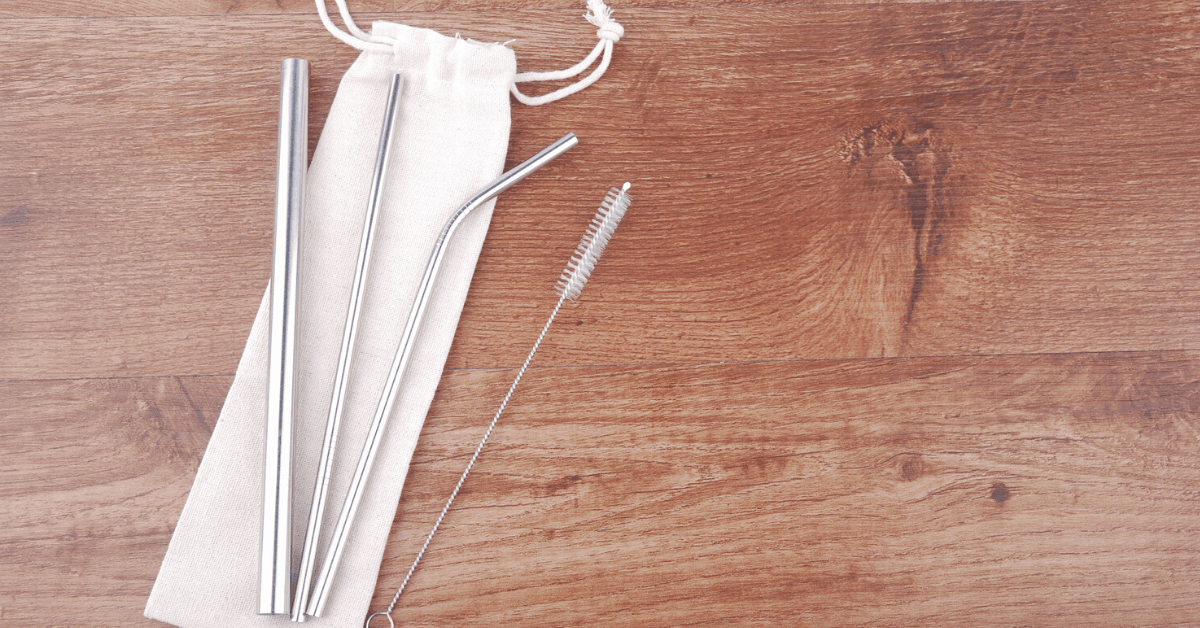
For other drinks, use a metal or bamboo straw over their popular plastic counterparts. If you have space, a reusable coffee cup, cutlery set, and food containers are great options if you often get takeout on the road.
Carry the takeout home in a fabric tote bag and, when packing, use laundry bags or packing cubes to separate dirty and clean clothes in your luggage.
Hotel stays
The easiest way to avoid single-use plastics when staying in hotels is to steer clear of the miniature disposable bottles of toiletries in the bathrooms. Come prepared with your own shower gel and shampoo from home and leave the hotel’s set untouched so cleaning staff don’t throw it away and replace it.
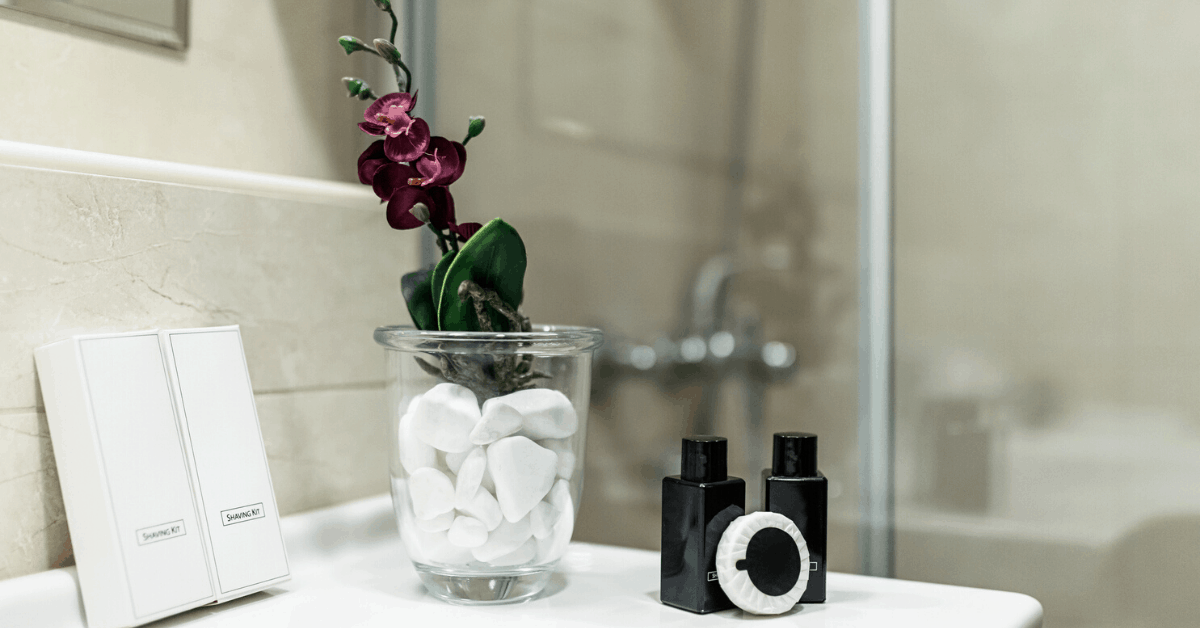
If you’re traveling with carry-on only, invest in security-size compliant reusable containers that you can refill from larger bottles at home instead of buying travel-sized bottles for each trip.
Plaine Products offers a range of shampoos, conditioners, body washes and lotions in travel-sized aluminum bottles. Once finished, they can be refilled at home or sent back to the company to refill.
You can also purchase solid versions of toiletries. Brands such as Lush sell solid bars of shampoo, conditioner, lotions, perfume, and mouthwash in reusable tins, cutting out the need for plastic containers.
If you do use the hotel’s toiletries, take the bottles home to continue to use the products until they’re finished. You can then refill the container for upcoming trips.
Finally, if possible, support hotels with plastic-free initiatives. Some brands, such as EDITION and Six Senses, are making major changes to their rooms to replace as much plastic as possible. Others, such as Hilton, Hyatt, Four Seasons, and Marriott, are getting started by removing plastic straws and water bottles.
IHG hotel group announced in July their decision to ban miniature bottles of toiletries across their 17 brands, which includes InterContinental, Crowne Plaza, and Regent Hotels & Resorts, and replace them with refillable dispensers by 2021. This switch is expected to save 200 million plastic bottles a year across 843,000 guest rooms.
Transport
In an ideal world, we’d skip flights altogether, opting for trains or cars where amenities and food aren’t coated in plastic. But that’s not always feasible.
When flying, start at the airport by bringing your own refillable bottle. You can take this through security empty and refill it on the other side. Many airports offer water fountains dotted around the terminal and in the lounges.
For now, at most airports, liquids need to go through security in plastic bags, but you can keep hold of these plastic bags to reuse for your next flight.
Onboard, if drinks are being served in plastic cups, you can ask for refills in your own bottle instead or take a disposable cup and simply ask for new drinks to be served it.
Come prepared with bamboo or metal cutlery sets to avoid using the plastic in-flight options and, unless needed, forgo breaking into the plastic-wrapped amenities kits, headphone sets, eye masks, and blankets.
Again, where possible, support transport companies who are doing their bit in the fight against plastic pollution. More and more airlines are changing their policies, including Etihad, Qantas, Royal Caribbean, and Hurtigruten.

